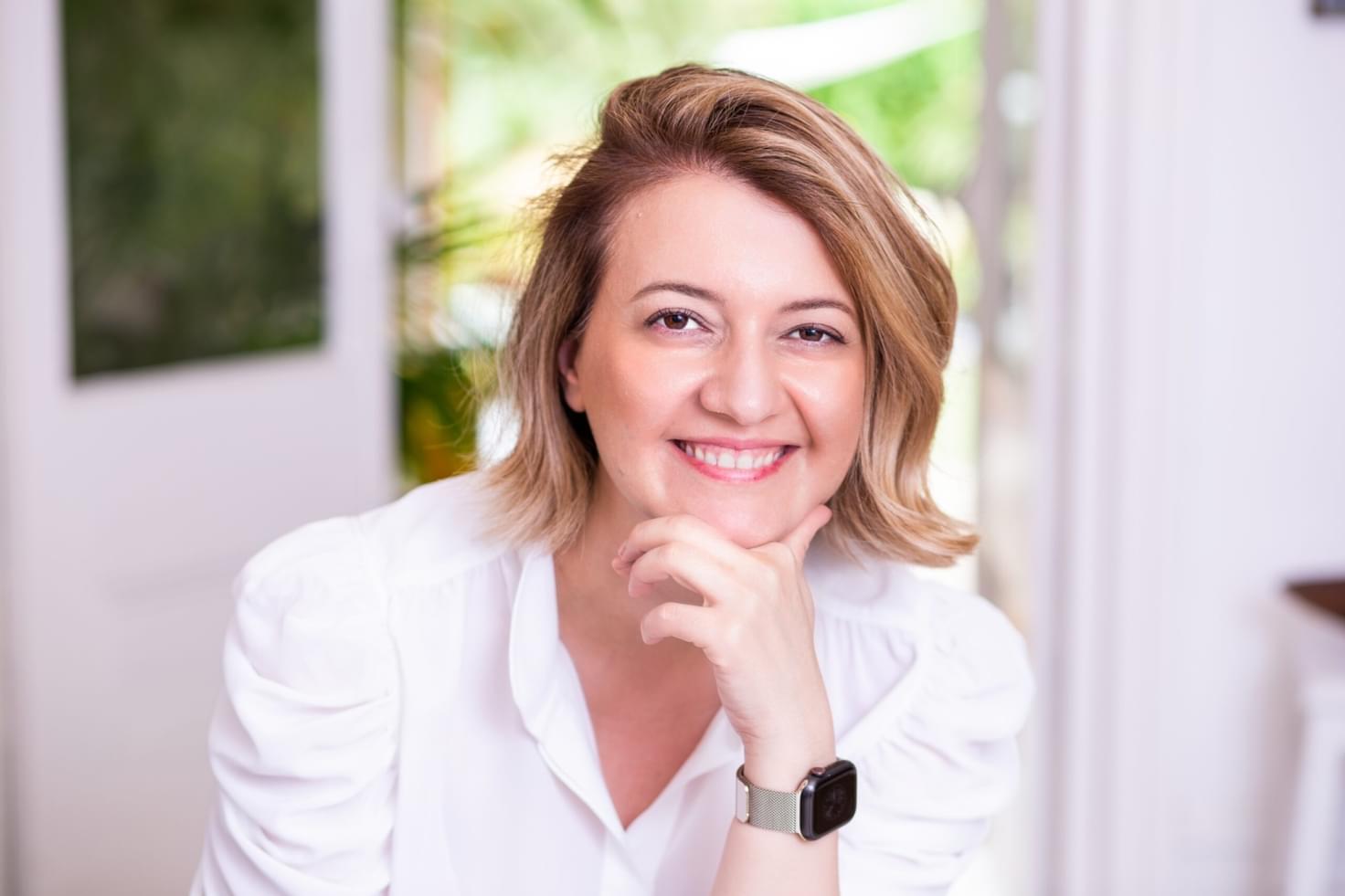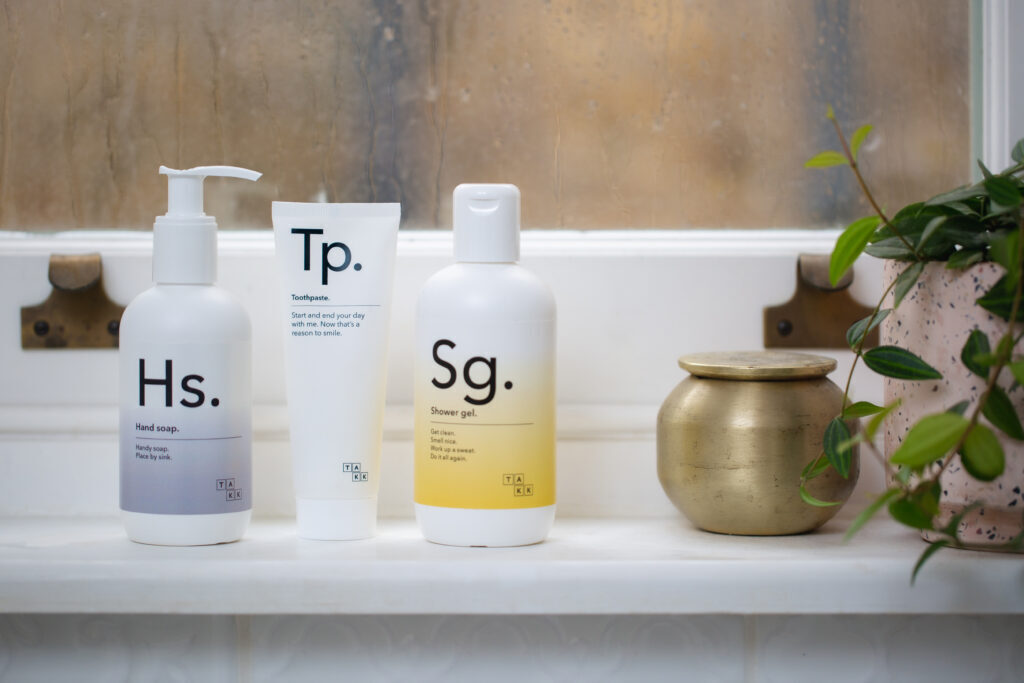
Words by Blyth Brentnall
As the head of marketing at a cosmetics multinational, Pinar Akiskalioglu felt increasingly disillusioned by the industry’s focus on profit for profit’s sake. Eventually she handed in her notice and took a new direction, exploring more ethical and sustainable methods of doing business.
In her marketing role, Pinar was required to invent “needs” that would incentivise customers to purchase beauty products they wouldn’t otherwise buy. Her marketing strategies would convince them there was something wrong with their appearance - their skin, their eyebrows, their lips - anything to enable the company to sell more beauty products.
But Pinar recognised the harm in this. “We were manufacturing made-up problems to be able to offer solutions,” she says.
The overpromotion and overproduction angered and concerned her. She came to realise that this blind faith in economic growth for growth’s sake alone only exacerbates waste, pollution and greenhouse gas emissions. It also overwhelms and negatively affects people’s wellbeing, as companies force buyers to choose between such a huge array of competing products.
“There isn’t a huge difference between one product and the next. But we are forced to compare them to find the best and it’s just wasting everybody's time,” she says, adding: “It's not liberating. It’s paralysing. Our decisions are no longer our decisions.”
For people and planet - not profit
Outside of work, Pinar lives in stark contrast to the consumerist values so prevalent in the beauty industry. She minimises her consumption with careful shopping lists, planning meals ahead of time and keeping a capsule wardrobe that will last her a lifetime.
The gap between her own values and that of the industry shone an ugly light on her marketing role. It eventually prompted her to quit and seek an alternative.
However, she could not bring herself to abandon the business world altogether. It was her calling. She loved the corporate games, the critical thinking and the strategizing involved in doing business. So she decided to harness her skills for good.
“I felt like my talent lies in business and then I thought maybe businesses can be part of the solution,” she explains.
She found inspiration when the CEO of Toms Shoes, Blake Mycoskie, described his company as “a mission with a company”. By this he meant that he had originally set out to give shoes to deprived children, not to make a profit. He only created the business to support that effort.
This message brought home what was important for Pinar and led her to follow Blake’s example.
Channelling emotions into positive action
After reading many books on alternative economics, Pinar drew up a plan for a more purposeful business, Takk. She drew on degrowth, a form of economics that follows the principle of ‘less is more’.
Degrowth emerged from many decades of research showing that economic growth drives up emissions and undermines human wellbeing. Whereas destructive activities such as burning fossil fuels or trading armaments are highly profitable, many positive acts are not. Growing your own food, caring for an elderly relative or other altruistic deeds rarely drive economic growth.
In contrast to the current economic system, degrowth encourages the use of progress measures that incorporate well being and the environment. It minimises consumption and prioritises investment in low-impact sectors such as healthcare and renewable energy.
In light of her research, Pinar designed her business to actively discourage excessive consumerism. “What do you need?” a bold notice asks at the top of Takk’s online shop. It sells everyday products following a subscription model tailored to people’s usage. The message and business strategy aims to encourage customers to monitor and regulate their consumption.

When customers select an item on the website they won’t see a list of other suggested products below - so that people aren’t tempted to buy more than they need. When adverts appear they urge people to slide by if they’re not genuinely interested. They are also careful not to over promote products - clearly distinguishing essentials from non-essentials.
“We are trying to give people the space to decide what they want to consume,” Pinar explains.
To take it a step further, the team is developing an algorithm for the website that will tailor the browsing options to each customer, hiding products they do not need.
The packaging is designed to minimise Takk’s environmental impact. It is locally manufactured, using more sustainable materials such as seaweed, and once a product is used up Takk recalls the packaging for artists to upcycle into new items such as woven handbags.
When Pinar reflects on her journey to setting up Takk, she says that it emerged from initial anger that she harnessed to take positive action.
“The real power comes when we turn our emotional reactions into something purposeful,” she says.
This article aligns with the UN SDG Responsible Consumption and Production.